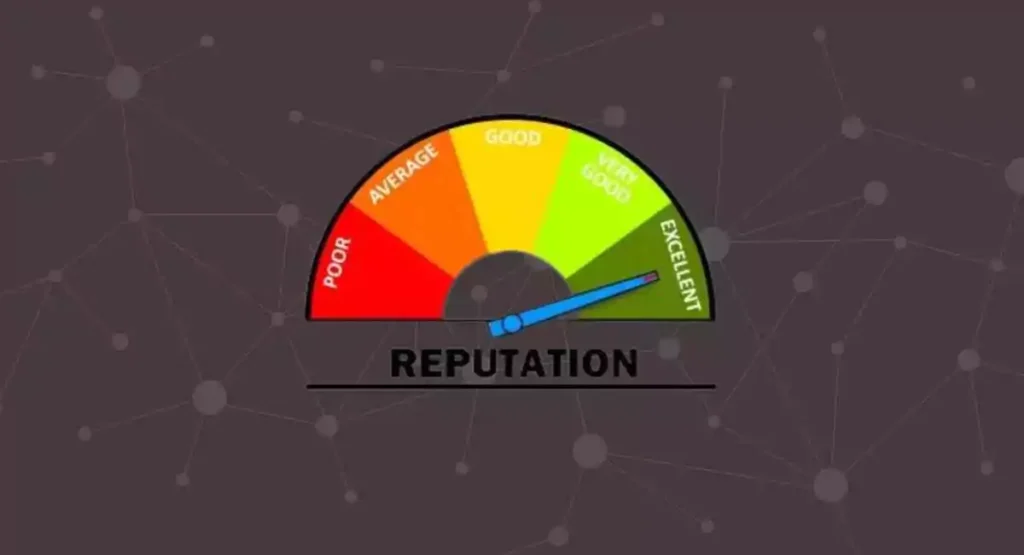Imagine you have a new website related to Cricket or Sports, and you want your website to top the search results from the very first day or first week. You decide to write content with AI and give it to a website of a different niche (Movies) which has 6 million monthly traffic, asking the website to include a backlink. You might be thinking that out of 6 million users if 10,000 visit your website and sign up for the newsletter or download your app, that’s it; you have succeeded in the process. However, Google will take action against the third-party website providing a backlink to you. The first reason is the different niche, and the second reason is the lack of value to the users who went to the third-party website to read movie reviews (they don’t want to see any cricket-related content). This is what Site Reputation Abuse is. Google is taking strict action against those third-party websites as they are manipulating search engine rankings. We will talk more about site reputation abuse in this article.
What is Site Reputation Abuse?
Site reputation abuse occurs when websites use the authority, credibility and trust of well-reputed and established sites in different niches to boost their own rankings or visibility, often through backlinks or hosted content that does not align with the host site’s primary focus. This practice not only misleads users but also dilutes the host site’s relevance and authority in its own niche.
Note: Fake reviews from third-party websites can also be considered as Site Reputation Abuse.
The Impact on Websites
Websites engaging in or facilitating site reputation abuse are finding themselves under scrutiny. For the host sites, this could mean a demotion in search rankings or even penalties if Google determines that they are knowingly participating in these schemes. For the sites seeking to gain from these practices, the consequences are similarly dire, with potential loss of visibility and credibility.
How to Avoid Site Reputation Policies?
Websites must prioritize ethical SEO practices in order to avoid site reputation abuse policies.
- If you aim to increase website visibility through paid backlinks, ensure that the website is similar to your niche and that the content offers value to the users. Also, make sure you follow the helpful content policy while generating content.
- Focus on building fewer backlinks from highly reputed websites of a similar niche rather than chasing a high volume of links from unrelated sites.
- When hosting content from other websites, ensure that it provides value to the users; if not, do not publish it on your website.
So, if you are giving articles in bulk to different websites with different niches just to use the reputation of the website to rank on a particular keyword, then stop it. Remember, every policy or update Google introduces aims to provide value to users who search for a keyword or term and want to get real and accurate information about the topic. So, build an audience to understand what they want and provide information that is beneficial for them. Your site will never face a penalty or any strict action from any Google update.
To ensure your website remains in good standing with Google’s latest updates and to provide your audience with the valuable content they seek, consider partnering with Content Ladder. Our expertise in crafting SEO-optimized, engaging content that adheres to ethical practices will help elevate your site’s reputation and visibility. Let’s build an audience together and create content that not only ranks but resonates. Contact Content Ladder today to take your content strategy to the next level.

